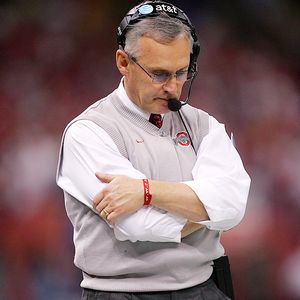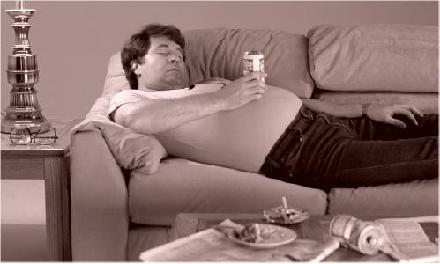 Your Pre-Exercise Heart Rate May Signal A Sudden Cardiac Attack
Your Pre-Exercise Heart Rate May Signal A Sudden Cardiac AttackMany people exercise to improve the health of their hearts. Now, researchers have found a link...
 Research Shows Beer Runs Are Good For You
Research Shows Beer Runs Are Good For YouHere’s a question for your buddies at the next golf outing or bowling league night: Are we more...
 Moneyball Goes To Hollywood And Beyond
Moneyball Goes To Hollywood And BeyondMost baseball general managers live in obscurity most of their careers. Its their first hire...
 Ohio State And Miami Football Scandals Highlight Coaching Research
Ohio State And Miami Football Scandals Highlight Coaching ResearchFormer Ohio State head football coach Jim Tressel seemed to be a role model for achieving on-field...









